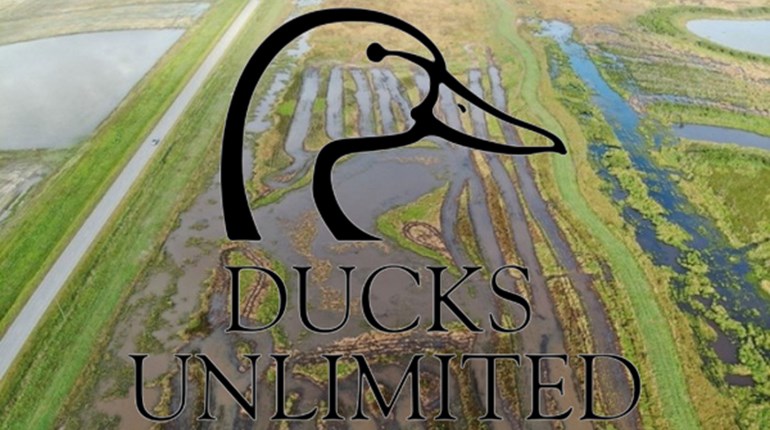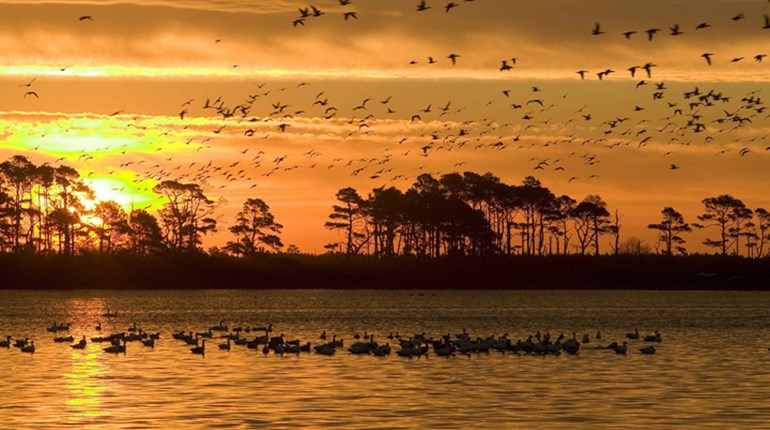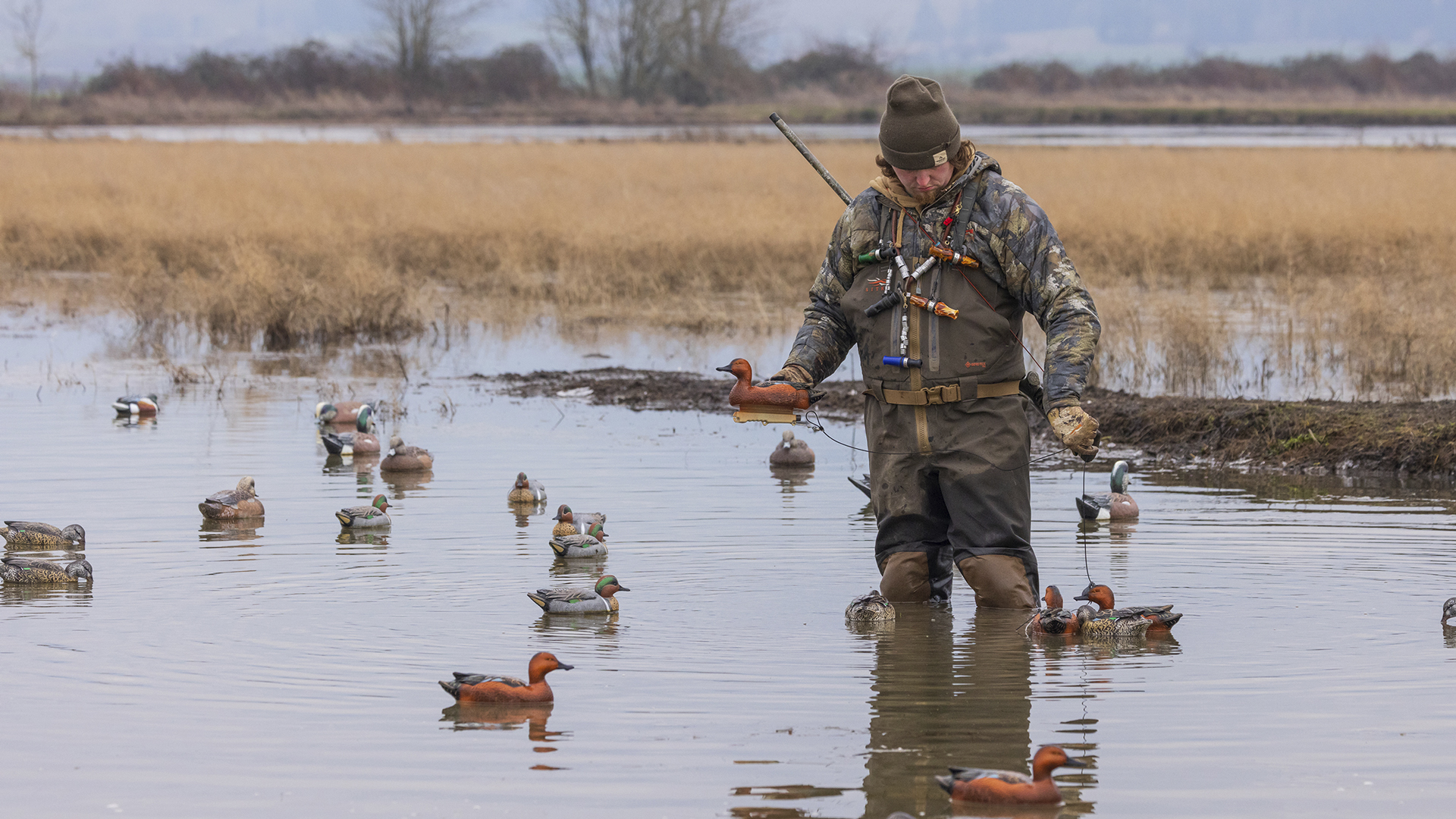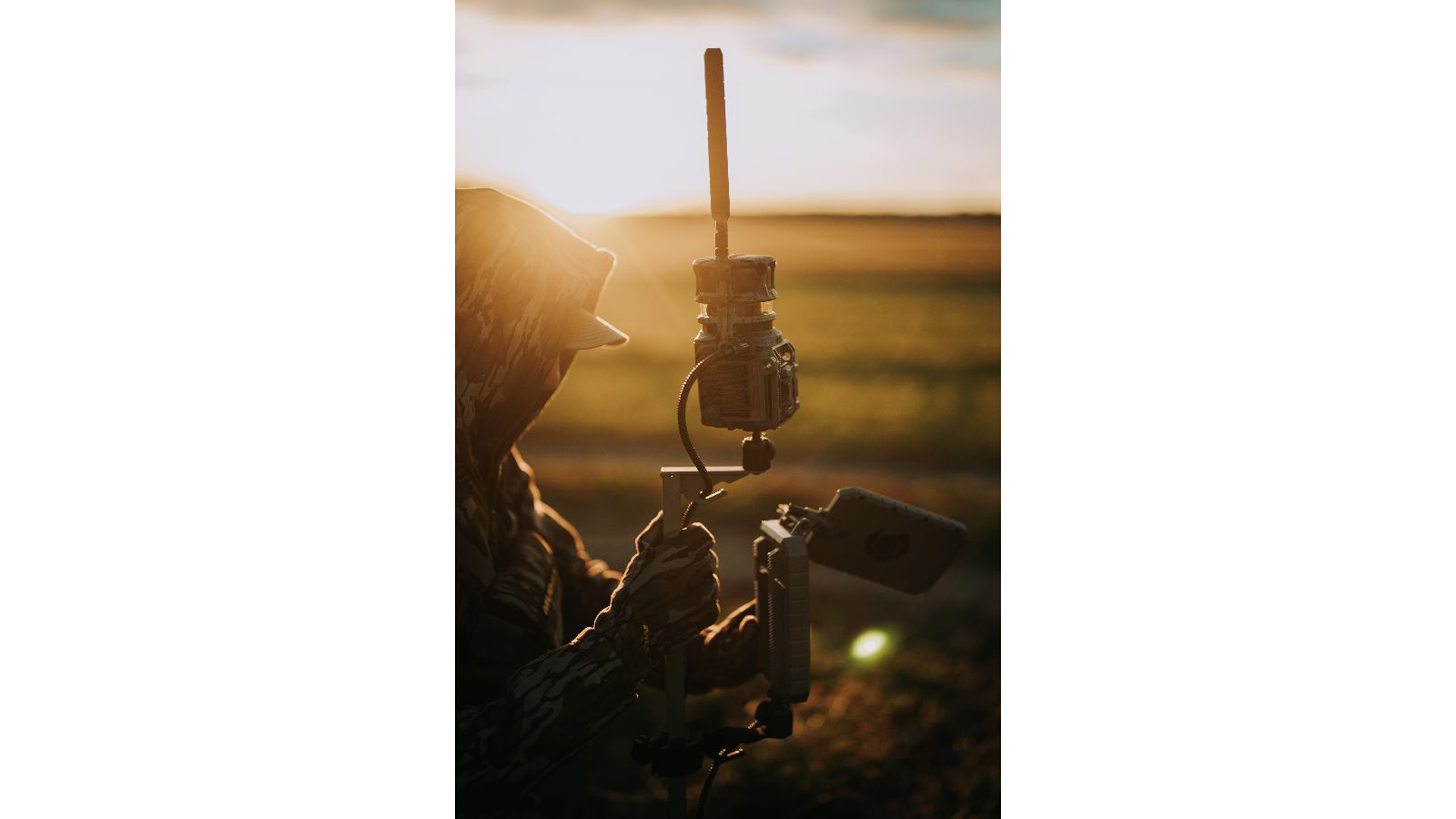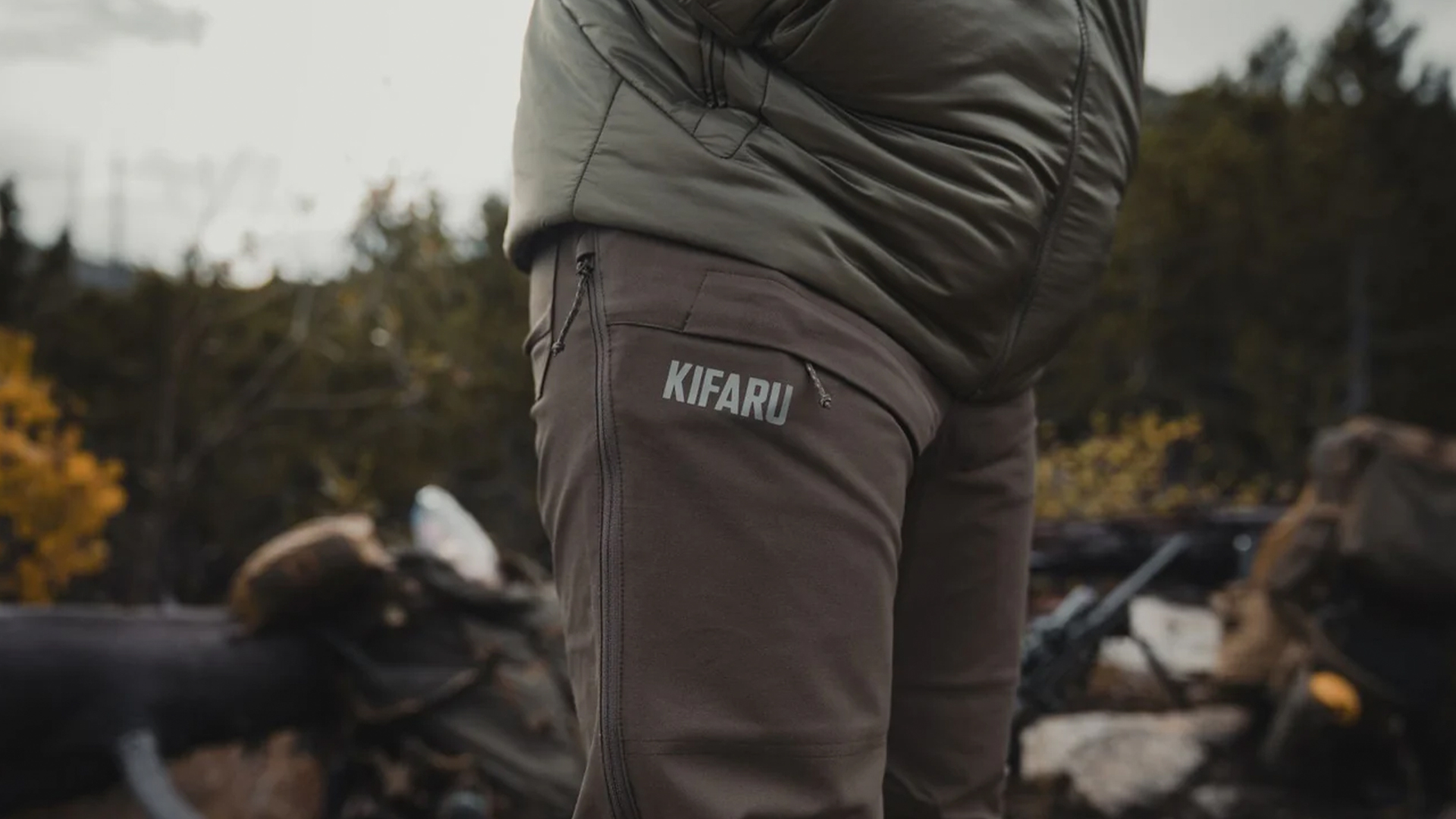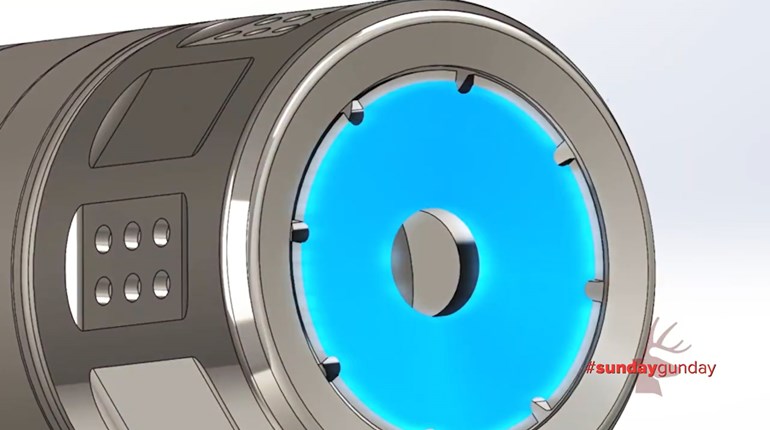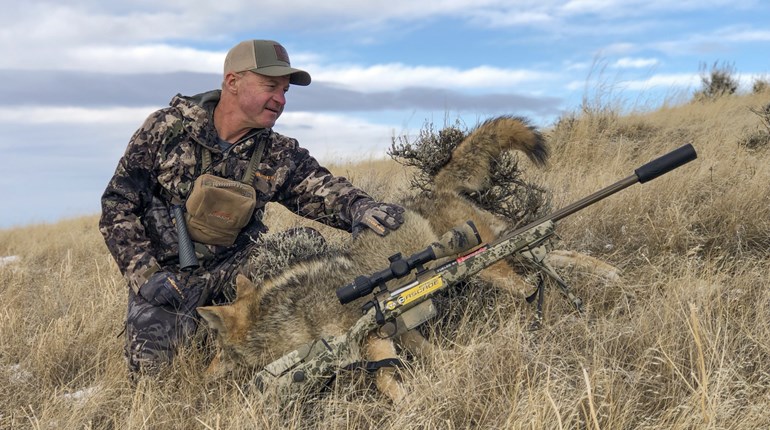
The 2010 Gulf Coast oil spill posed two key threats to waterfowl in its immediate aftermath: Direct mortality in the forms of starvation and oiled birds, and the destruction of some of the continent's most important wintering habitat. Fortunately the worst-case scenarios didn't come to fruition, but a variety of major duck habitats were impacted—namely the oil killed a variety of aquatic grasses, exacerbating an already troubling rate of coastal erosion.
The spill was an absolute environmental disaster, but, at least for ducks there is a silver lining: According to Ducks Unlimited, waterfowl are among the first beneficiaries of the criminal settlement being doled out by Deepwater Horizon. DU wrote in a press release:
The National Fish and Wildlife Foundation (NFWF) recently announced five projects to restore and enhance habitats for species impacted by the 2010 Deepwater Horizon Disaster, including the Gulf Coast Migratory Waterfowl Enhancement Project. These projects are funded through the NFWF-administered Gulf Environmental Benefit Fund.
The $1.25-million grant will be provided to the Texas Parks and Wildlife Department (TPWD), which will work with Ducks Unlimited to restore and enhance Texas coastal wetlands.The project intends to improve wetland health and water availability on private lands (95-percent of Texas is privately owned). A second portion of the project will create "seasonal surface water" (i.e. flooded fields) in agricultural areas to provide food for all sorts of migrating fowl.












